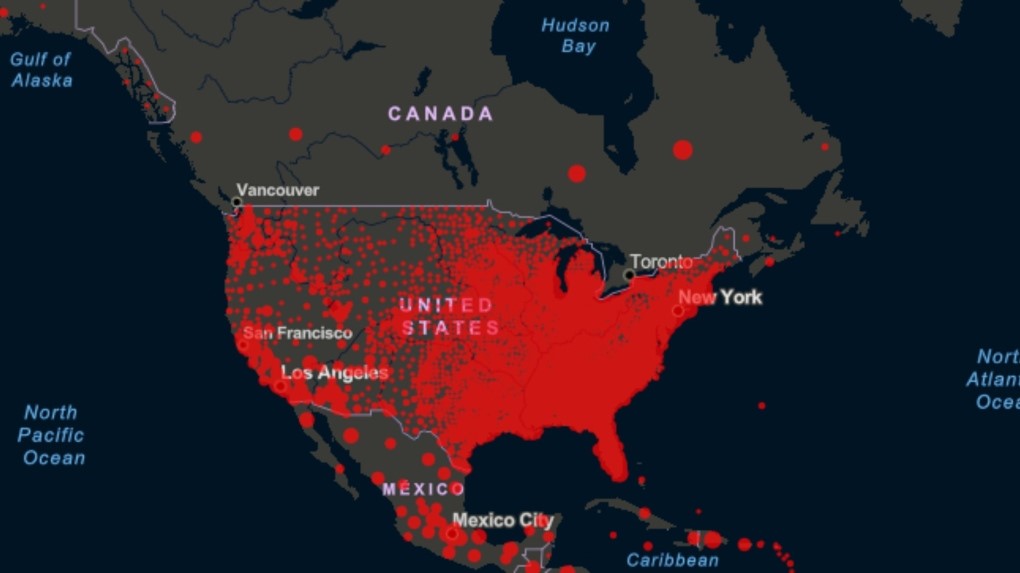It’s been a difficult series of months. In the U.S. we have lost more than 130,000 people. In the world, we are projecting more than 550,000 deaths – which is almost certainly an underestimate. Nowhere in the world is the difference in pandemic control more starkly contrasted than between Canada (2,813 cases per 1M) and the United States (9,604 cases per 1M).

The loss of life is staggering, and in addition to picking up the pieces, the growing uncertainty re: continued employment and making rent, coupled with the isolation of these last few months, and mounting pressure regarding how we keep ourselves and our families healthy and safe as we begin to rejoin society and consider re-opening our borders is beginning to bare its cracks.
We are all showing signs of depression, and for those of us that held strong through the onset of COVID-19 – particularly if we’ve been on the front lines of managing the fallout – this is when the second wave of despondency generally hits. The symptoms are increasingly familiar: persistent feelings of sadness, loss of interest or guilt; changes in sleep, appetite, energy level, concentration, and self-esteem. Behavioural and physical symptoms are brought to the forefront by our changed daily routines and interpersonal relationships.
It feels like limbo. A state of suspended animation. The days are long and we struggle to fill them meaningfully, but the last five months feel like a blur – a black hole that our achievements are pulled into. And always the specter of what comes next looms ominously around us. When do we return to work? How soon until we can connect in person? And how long will the reprieve last before the next phase of the virus, if one comes at all?
We are nowhere near done with COVID-19 (although hopefully through the worst of it); and while work is resuming in some places, the impact of these last few months will last years, and the shockwaves it caused will resonate through our generations. There is space to add some value here. We let ourselves believe that our accomplishments will make us happy, and so depression can set in when we don’t feel we’re being sufficiently productive. Perhaps it’s the other way around… That by doing things that make us happy we become more energized and can be more productive. In this column we pride ourselves at offering original approaches to solving the many challenges affecting scientists. While our well-being is no exception, the solution here feels far less creative. To deal with our feelings of depression we need to acknowledge them and talk about them.
And so we’re checking in: how are you doing these days?
